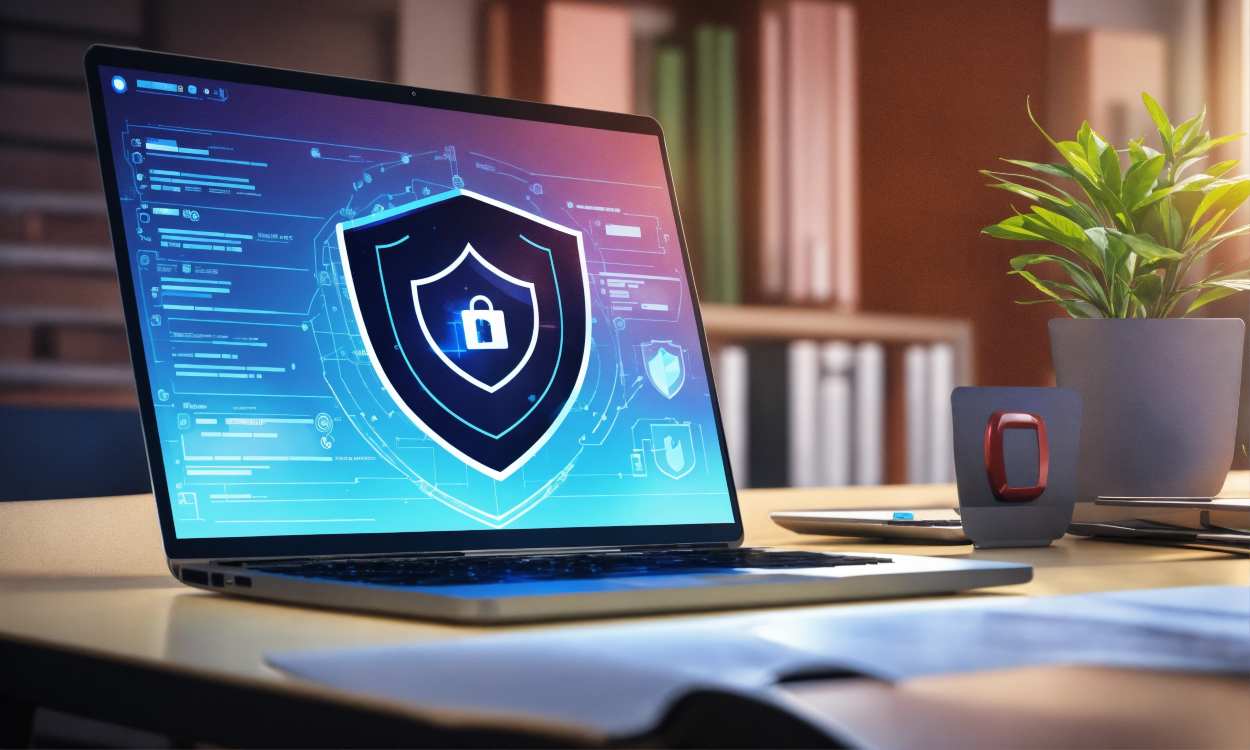Complete Guide to Free VPNs: Privacy, Security, and Smart Usage

Once seen as specialized technical gadgets, virtual private networks have become indispensable privacy tools for the average internet user. While premium VPN services dominate the headlines, free VPNs offer surprising value for users who understand their capabilities and limitations. This comprehensive guide explores why free VPN deserve serious consideration and how to use them effectively.
Understanding the Core Benefits
Enhanced Privacy from ISP Surveillance
Your Internet Service Provider (ISP) maintains detailed logs of your online activities, from websites visited to streaming habits and search queries. This data creates comprehensive digital profiles that can be sold to advertisers or shared with government agencies upon request. Free VPNs encrypt your internet traffic and route it through secure servers, transforming your browsing data into indecipherable code from your ISP’s perspective.
This encryption doesn’t just hide controversial searches or sensitive browsing—it protects mundane activities like checking bank balances, reading news articles, or shopping online. The privacy benefit extends beyond paranoia; it’s about maintaining digital autonomy in an increasingly monitored online environment.
Bypassing Geographic Restrictions
Content geo-blocking frustrates millions of users daily. Streaming services, news websites, and social platforms restrict access based on geographic location, often due to licensing agreements or regional regulations. Free VPNs excel at circumventing these limitations by allowing users to connect through servers in different countries.
This capability proves invaluable for travellers accessing home country content, students researching international perspectives, or anyone seeking broader information access. The ability to virtually relocate your internet connection opens doors to global content libraries and unrestricted information flow.
Public WiFi Security
Public networks in cafes, airports, hotels, and libraries present significant security risks. These unsecured connections allow malicious actors to intercept data transmissions, potentially capturing passwords, financial information, and personal communications. Free VPNs create encrypted tunnels that protect data even on compromised networks.
The security benefit extends beyond financial protection. Email contents, social media interactions, and work-related communications remain private when transmitted through VPN-secured connections. This protection is particularly crucial for remote workers and frequent travellers who regularly use public internet access points.
Technical Advantages of Quality Free VPNs
User-Friendly Implementation
Modern free VPN services prioritize accessibility over complexity. Installation typically involves downloading an app, creating an account, and clicking connect—a process that takes minutes rather than hours. This simplicity democratizes online privacy tools, making them accessible to users regardless of technical expertise.
Many services offer intuitive interfaces with clear server selection options, connection status indicators, and basic settings adjustments. The learning curve is minimal, allowing users to focus on benefits rather than configuration challenges.
Multi-Device Compatibility
Reputable free VPN providers support multiple operating systems and device types through unified accounts. Users can protect smartphones, tablets, laptops, and desktop computers using the same service credentials, ensuring comprehensive coverage across their digital ecosystem.
This cross-platform compatibility eliminates the need for separate privacy solutions for different devices. Whether browsing on mobile data or home WiFi, users maintain consistent protection through synchronized VPN applications.
Zero Financial Commitment
Free VPNs eliminate financial barriers to online privacy. Users gain immediate access to encryption and server networks without credit card requirements or subscription commitments. This accessibility allows experimentation with VPN technology before considering premium alternatives.
The no-cost model also provides long-term value for users with basic privacy needs. Not everyone requires enterprise-grade features or unlimited bandwidth—many users find free services meet their requirements perfectly.
Strategic Usage Guidelines
Server Selection Optimization
Effective VPN usage requires strategic server selection based on specific goals. For general privacy protection, choose servers geographically close to your actual location to minimize speed reduction. For content access, select servers in countries where desired content is available.
Understanding server load and capacity helps optimize performance. Popular servers may experience congestion during peak hours, while less utilized servers often provide better speeds. Many services display real-time server load information to guide selection decisions.
Consistent Application Habits
VPN effectiveness depends on consistent usage patterns. Develop automatic connection habits, particularly when joining new networks or accessing sensitive information. Many applications offer auto-connect features that activate VPN protection when specific conditions are met.
Consider VPN activation part of your digital hygiene routine, similar to using antivirus software or updating passwords. Regular usage maximizes privacy benefits and reduces the likelihood of unprotected browsing sessions.
Realistic Performance Expectations
Free VPNs typically operate with bandwidth limitations and server capacity constraints. Expect modest speed reductions compared to direct internet connections—usually 10-30%, depending on server distance and load. This trade-off between privacy and performance is generally acceptable for standard browsing activities.
Heavy bandwidth activities like 4K streaming or large file downloads may require patience or strategic timing. However, email, social media, web browsing, and standard-definition video streaming typically function normally through free VPN connections.
Addressing Common Concerns
Security and Privacy Considerations
Legitimate free VPN providers maintain security through business models that don’t rely on data exploitation. Many generate revenue through advertising, premium service upgrades, or limited free tiers that encourage paid subscriptions. Research providers’ privacy policies and business models before committing to any service.
Avoid services with unclear ownership, unrealistic claims, or suspicious permission requests. Established providers with transparent operations and positive user reviews typically offer safer experiences than unknown entities, promising unrealistic features.
Legal Considerations
VPN usage remains legal in most countries and is actively encouraged by cybersecurity professionals. However, using VPNs to violate terms of service, access restricted content, or engage in illegal activities may have consequences regardless of the tool’s legality.
Research local regulations if you live in countries with restrictive internet policies. Most democratic nations treat VPN usage as a legitimate privacy tool rather than a suspicious activity.
Making the Transition
Starting with free VPNs requires minimal risk and effort. Download applications from reputable providers, test functionality for several days, and evaluate whether the service meets your privacy and access needs. Many users discover that free services adequately address their primary concerns without requiring premium upgrades.
Free VPNs democratize online privacy by removing financial barriers while providing meaningful protection against common threats. They represent practical solutions for users seeking digital autonomy without complex configurations or ongoing expenses. The peace of mind gained from knowing your internet activity remains private often proves invaluable regardless of your browsing habits.
